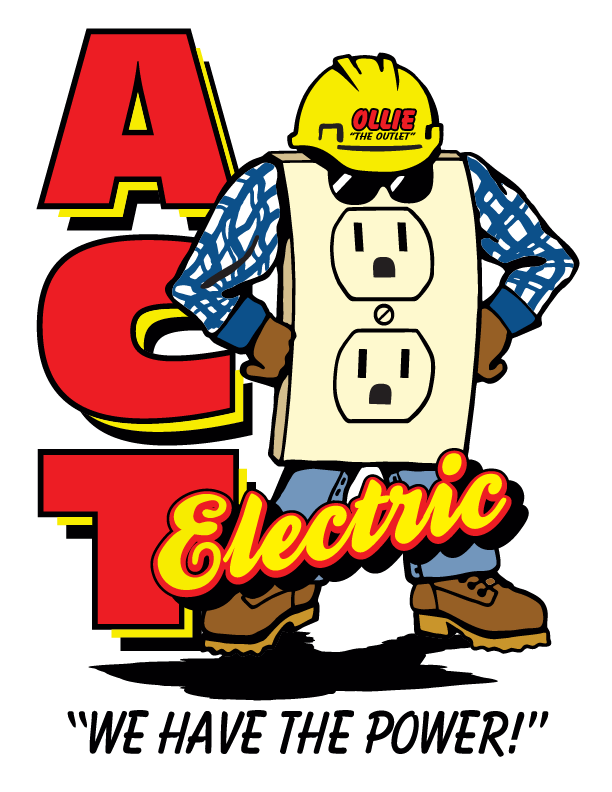Avoid Home Electrical Fires!
Every year, 28,600 families deal with an electrical fire in their home. Homeowners could send this statistic up in smoke if people took more fire prevention steps. Let’s look at some of the more common causes of electrical fires and the measures we can adopt to avoid them:
Cooking:
Every year, one out of eight homes will have a cooking fire. In the majority of these cases, a hot stovetop burner under a pan of grease is the culprit. When a pan of oil catches fire, handling it correctly by covering the pan with the lid will smother the fire. Trying to carry it outside can cause the grease to spill and burn the entire house down. Never throw water on a grease fire.
Wiring:
Home wiring can become outdated. It used to be that the average American family only had to worry about two or three television sets. But an increase in the utilization of electronics in the typical home has risen drastically. Couple that with the fact that many people now spend a greater number of hours away from home, and the potential for disaster is magnified.
Many homeowners overload the home’s wiring or misuse it, which in turn can create a circuit overload. Connectors worn from overuse, could also cause a fire.
Outlets and Switches:
Replace faulty electrical outlets and switches before they can turn into a fire hazard. Some older homes have two-prong outlets. A fire can start if the homeowner is using a three prong plug in one of these two-prong outlets without properly grounding it first. It's better just to get them replaced.
Extension cords:
Extension cords, particularly frayed or worn extension cords run under rugs are another source of danger. Extension cords are only meant to be used as a temporary measure.
Oversized light bulbs:
All lamps and light switches are designed to use up to a certain wattage. Using a higher number of watts than the light is rated to handle is a dangerous practice.
Space heaters:
Space heaters have become popular in situations where warmth is required in a small area for a set amount of time. Therein lies the problem: many areas are too confined for a space heater. Curtains, bedding, clothing, and upholstery can burst into flames by being ignited by a too-close space heater.
Other heating devices to watch out for are heat lamps, water heaters, and dryers.
Other appliance advice:
Too old:
It's easy to allow appliances, but especially heating devices, to get too old or worn out. Just cast an eye on Mr. Old Electric Blanket, and his little cousin, Master Heating Pad.
Too close to wood:
Heating appliances such as toasters and toaster ovens should not be operated under low-hanging wood cabinets or close to overhanging items of any type.
Using electricity safely can bring joy and comfort into people's lives. It's a wise practice to keep a sharp eye and nose out for anything that might pose a hazard. If an appliance has a frayed cord, or if it shows sign of melting, causes a circuit breaker to blow continuously, or smells like it’s melting or burning, replace it.
If a house catches on fire, the occupants should never stop to try and save important documents, family heirlooms, or treasured possessions. The American Red Cross says that a family may have less than two minutes to evacuate their home in the event of a fire. The most valuable thing in a house is you and your family. Get out safely.
ACT Electric is a full-service residential and commercial electrical contractor company specializing in electrical installation, repairs, and upgrades, electrical troubleshooting, electrical remodeling, electrical home inspection, and electrical retrofitting. We always prioritize customer comfort and safety. Give us a call at (480) 986-1722 today!


